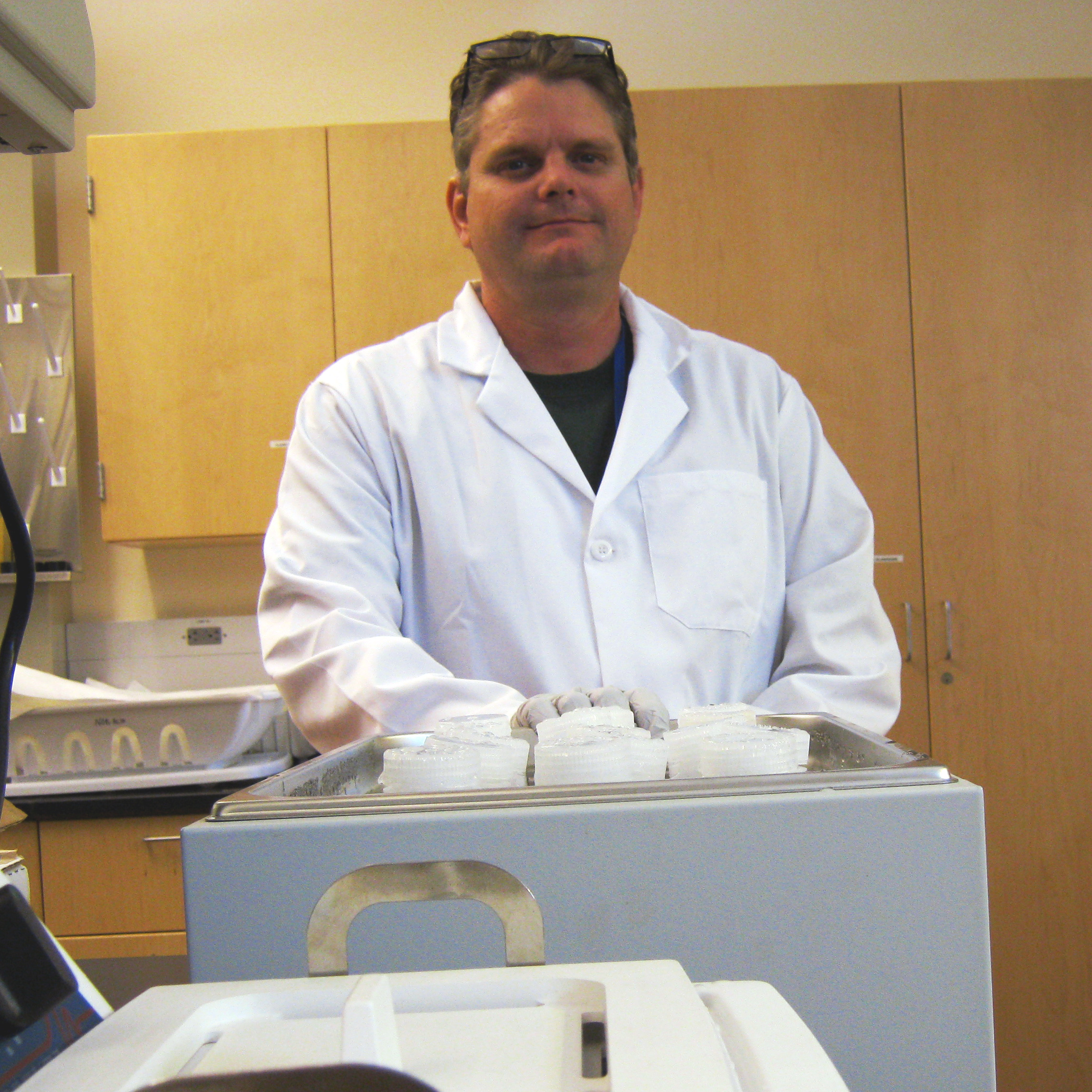 Christopher Adcock
Christopher Adcock
Assistant Research Professor
Geochemistry
Office: SEB 4127
Phone: (702)-895 1429
Email: adcockc2@unlv.nevada.edu
Education:
Ph.D., Geoscience University of Nevada Las Vegas, Las Vegas, NV, 2014
M.S., Geology Oklahoma State University, Stillwater, OK, 2004
B. Sci., Earth and Planetary Sciences with Distributed Sciences minor. University of New Mexico, Albuquerque, NM, 1995
Research Interests:
I am a planetary geochemist/geomorphologist with a background in astrobiology and remote sensing. I am interested in integrating remote sensing, geomorphic, and geochemical data to study surface and near surface processes on planets and moons. I also specialize in phosphate biogeochemistry and currently investigate phosphate mobility and transport on Mars and the astrobiological implications. I support, have a strong interest in, and background in STEM/STEAM EP&O and mentoring as well. When I am not doing research, I am a maker.
Selected Recent Publications:
Adcock, C.T., Haber, D., Burnley, P.C., Malchow, R.L., and Hausrath, E.M. (2019), “Modeling Gamma Radiation Exposure Rates Using Geologic and Remote Sensing Data to Locate Radiogenic Anomalies” Journal of environmental radioactivity 208
C. T. Adcock, A. Udry, E. M. Hausrath, and O. Tschauner, (2018) “Craters of the Moon National Monument Basalts as Unshocked Compositional and Weathering Analogs for Martian Rocks and Meteorites” American Mineralogist, 103(4), 502-516, DOI: 10.2138/am-2018-6193
C. T. Adcock, O. Tschauner, E. M. Hausrath, A. Udry, S. N. Luo, Y. Cai, M. Ren, A. Lanzirotti, M. Newville, M. Kunz, and C. Lin, (2017) “Shock-transformation of phosphates and the implications for meteoritic phosphate.” Nature Comm., 8, 14667. **Media Coverage, 37 news outlets.
Adcock, C.T., and Hausrath E.M. (2015) “Weathering Profiles in Phosphorus-Rich Rocks at Gusev Crater, Mars, Suggest Dissolution of Phosphate Minerals into Potentially Habitable Near-Neutral Waters.” Astrobiology,15, 1060-1075. **Highlighted Article
Adcock, C., Hausrath, E., Forster, P., 2013. “Readily available phosphate from minerals in early aqueous environments on Mars.” Nature Geoscience 6, 824-827. **Highlighted Article in News and Views and covered in the media including, National Geographic, NBC News, ABC Radio, and New Scientist.